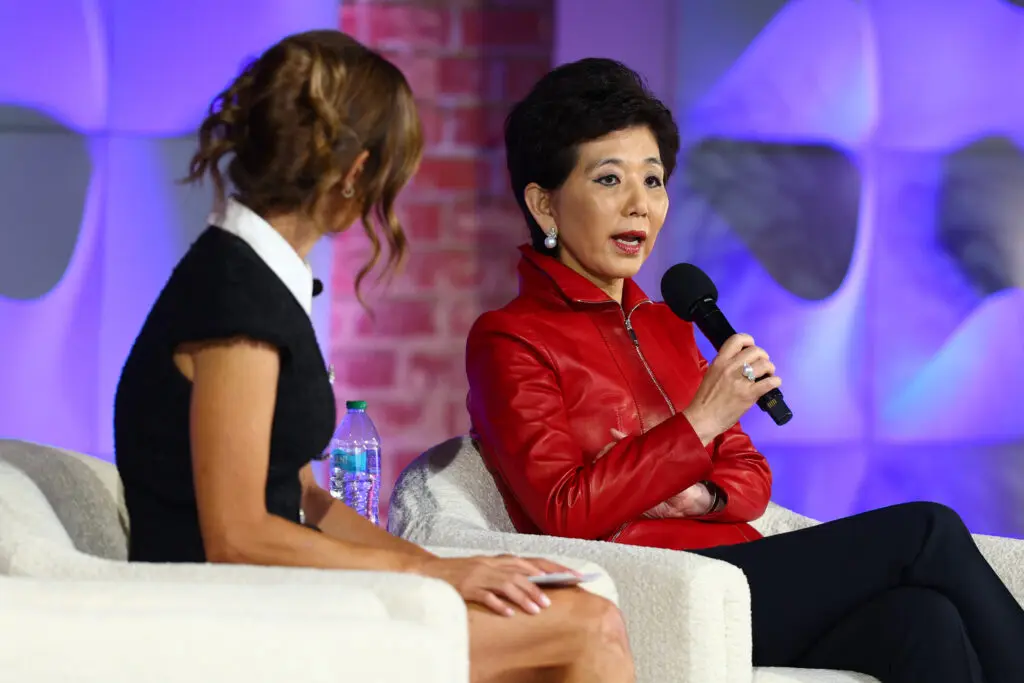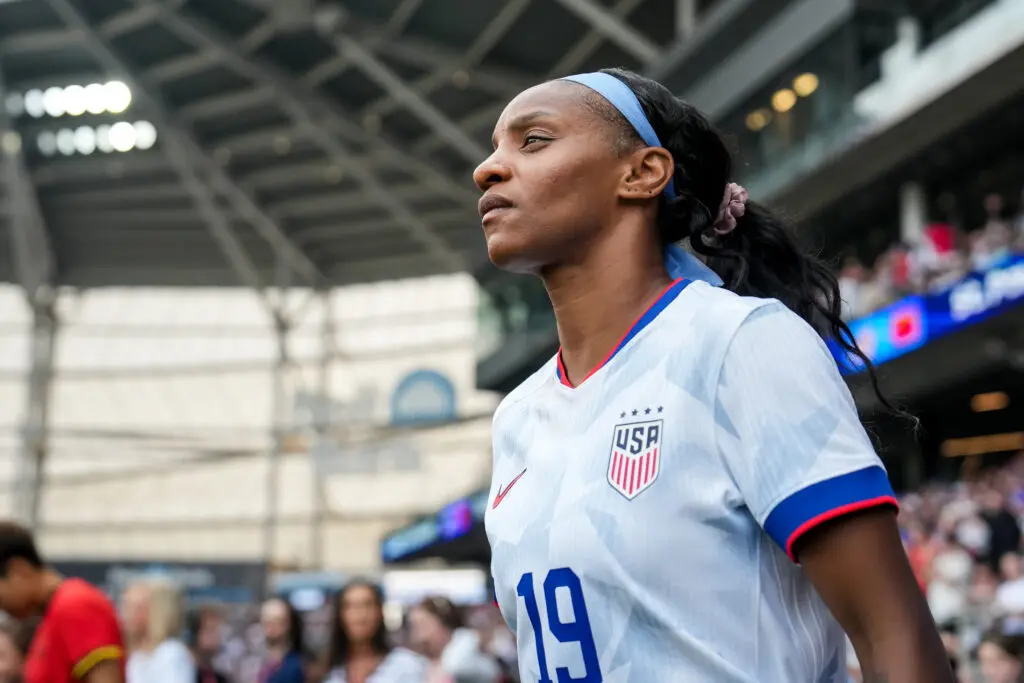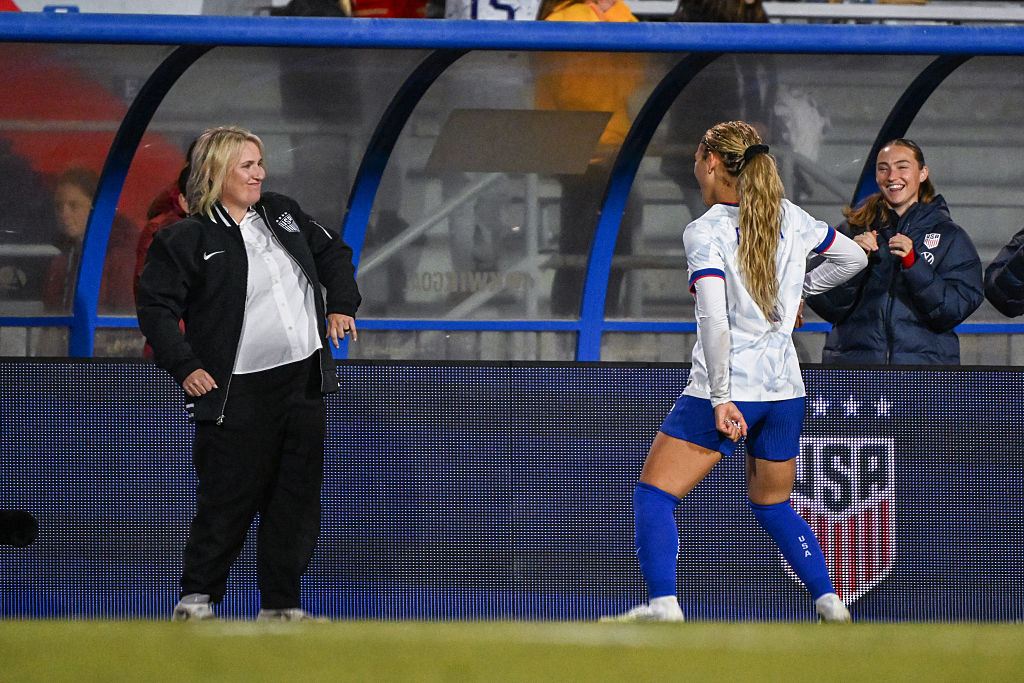Washington Spirit owner Michele Kang is going all in to grow US women’s soccer, announcing an additional investment of $25 million into US Soccer last Friday.
The move follows Kang's November 2024 initial gift of $30 million over the course of five years, earmarked for talent identification and increased youth competition opportunities for future USWNT players, as well as professional development for female players, coaches, and referees.
Friday's investment follows a slightly different, yet parallel path in that it aims to "accelerate advancements in the women’s game through science, innovation, and elevated best practices" by integrating Kang’s Kynisca Innovation Hub into US Soccer’s Soccer Forward Foundation.
Kynisca, US Soccer collab aims to scale research and standards
Under the umbrella of Kang’s global multi-team organization Kynisca Sports International, the Innovation Hub is a science-based platform that aims to improve research and development for women’s sports athletes.
Similarly, the Soccer Forward Foundation aims to grow the game by expanding access, all while implementing the sport's latest research and guidelines.
Friday's partnership between the two organizations has two main goals: improving the sport's health outcomes via research and solution-oriented initiatives, and creating and implementing best-practice standards to grow the global game.
According to USSF President Cindy Parlow Cone, the new collaboration will "[help] ensure [the US will] remain at the forefront of progress as the sport continues to grow around the world" by "[driving] real change through research-backed standards that support players at every level."
Kang, who also owns top French side Lyon and second-tier UK club London City, noted that the collaboration "represents a major step forward in advancing research and setting new standards for women’s sports."
"By working together, we are ensuring that players at all levels benefit from innovative insights and best practices," Kang said in a statement. "Women’s soccer is experiencing historic growth, but there’s still work to be done to break down systemic barriers and secure the investment needed for female athletes."




